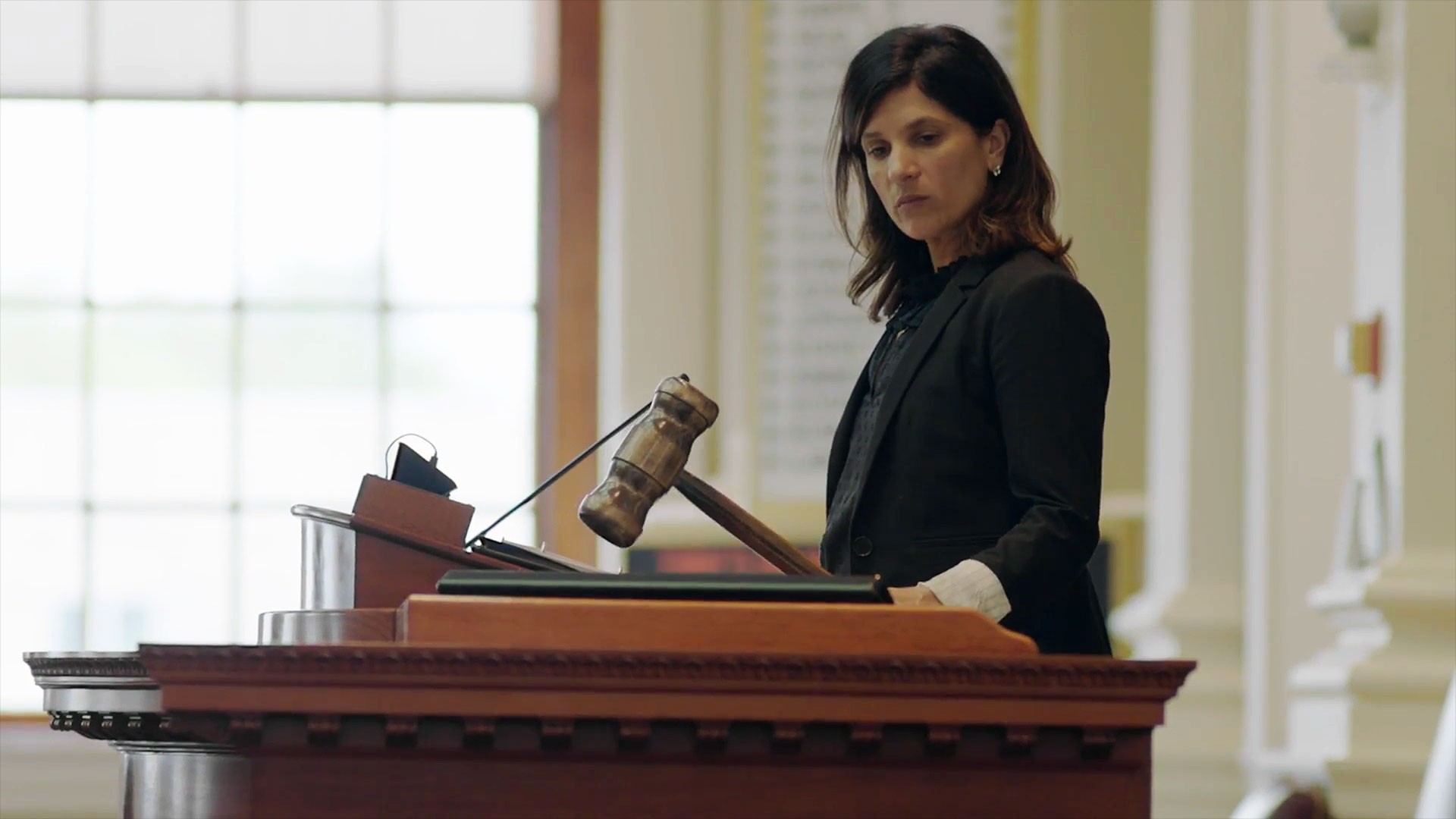Scott appears to be becoming more 420-friendly in the new year and has indicated his intention to sign into law this year’s weed bill that cleared both the House and Senate by comfortable margins and now sits on his desk. Prominent business leaders and social justice advocates in the state have been on the green train for years, often citing the positive financial benefit legalization has been for states like Colorado which brought in over a half billion dollars since January of 2014, with lots of the money being reinvested into social programs. Being a trailblazer through the legislative process is natural territory for the little state that could. Vermont was the first to legalize marriage equality through a nail-bitter veto vote of then-governor Jim Douglas back in 2009, led by current state Supreme Court justice Beth Robinson and then state senator Peter Shumlin. And in 2014 it became the first state to require GMO labeling on food, an effort largely led by then state senator and now current Lt. Governor, professional farmer and proud pony-tail-rocker Dave Zuckerman. In addition to savvy state house operators, the driving force of these efforts has been concerned private citizens who actively got involved in the direction their little slice of a state was going, and felt it necessary to organize themselves and neighbors towards political action. This has certainly been the case with the ongoing weed legalization effort, and so I caught up with 30-year-old Vermont resident and founder of pro-weed advocacy group Heady Vermont Eli Harrington. I reached Eli by phone the day the bill passed the Senate to talk about the grassroots effort behind the bill's movement.In addition to savvy state house operators, the driving force of these efforts have been concerned private citizens who actively got involved in the direction their little slice of a state was going, and felt it necessary to organize themselves and neighbors towards political action.
Watch some more video from VICE:

VICE Impact: This vote didn’t happen overnight and legalization was stopped last year. Why is 2018 different and what was the lead up to this?Eli Harrington: Starting in the ‘80s, there was actually one voted on. So, this is not new and a lot has changed in the country. Socially, this is a much more mainstream issue now. I think it's important to acknowledge that there have been a lot of efforts. And in Vermont, we were the ninth state to legalize medical marijuana-- that was back in 2004. That was a very conservative bill that was passed, and there had been slight adjustments to it.2016 is when we saw sort of a breakthrough. 2015, there was some legislation that had been put out, and then 2016 there was a pretty concerted effort. The Democratic governor at the time Peter Shunlin was in favor, and there was a really ambitious bill called S241 which would not only legalize, but set up a pretty comprehensive taxed and regulated system. Despite the governor's support, and despite the work of the Senate, that bill did not go far in the House at all. Those two distinct bodies — the Senate is much smaller, and has been more in favor of tax/regulate and more in favor of the medical.
"…instead of trying to do tax and regulate and medical at the same time, advocates made the decision to really start to focus on legalization, and detach that from the question of tax and regulate."
Our readership are real people, and they're the kind of people that care the most, and have the most interest in this plant, and its implications in Vermont. So, for us it wasn't a big step to say, "Here's how you get involved," and to, while we're reporting what's going on in that committee room, to say, "This is what the representative from Colchester said today, and if you live in Colchester, you should give this person a call because they are on the fence.”For us, it wasn't about influencing what people are going to think. Most people who read our outlet are strongly in-support because they have experience in real life, and they have chosen to educate themselves and they want to make their voice heard. It wasn't a question of influencing their politics, it was about giving them the tools to make their voices heard and be effective. In Vermont, there's no referendum so we needed to be able to activate people at specific points, throughout the process, as the bill was in committee, when the committee was going to move to another committee, and when it was time for full legalization."A lot of the arguments that were being made were not based in fact, and the statistics being used were coming from skewed sources. There was a big disconnect."
It’s a gateway to political engagement. That's one of the most fulfilling parts of this, is that so many people who don't understand how laws move through their state legislature, or how to get involved, or how to maximize that: Here's a phone number you can call, and as long as you're civil, you can have some actual influence as an individual. As far as empowering people, and showing them here's an issue that has some taboo around it, it's a lot less scary to call about supporting minimum wage or water cleanup or a funding bill.Through the process, you get other people who emerge as leaders, whether they're in party committees, whether they're within other agencies, or whether they're representatives who are using this issue to differentiate themselves. So, both in the citizenry and in the legislature it's a chance for leadership."Maybe today it's about marijuana legalization, maybe tomorrow it's about the minimum wage, maybe the day after that it's about a tax credit, or a consumer safety issue."